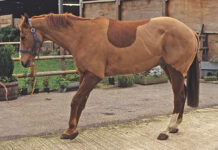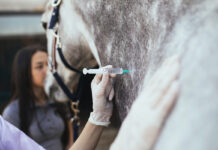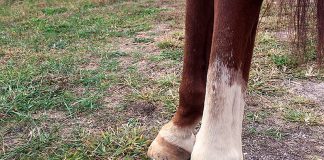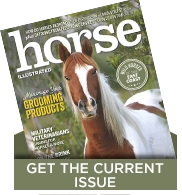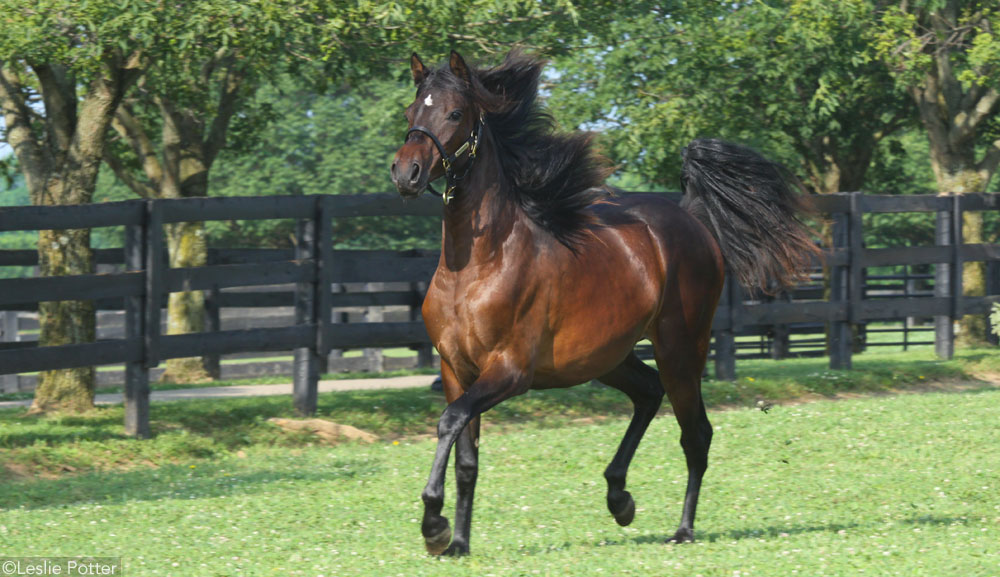
Q: What is the best age to geld a stallion? is it better to do it before starting them under saddle?
A: This is one of those questions that has no right or wrong answer but has more to do with personal preference, although there are some medical considerations. First, some facts:
- In the normal colt, both testes should descend through the inguinal canal and into the scrotum between 30 days before birth and 10 days after birth.
- The vaginal rings close during the first 2 weeks of the foal’s life, preventing a testicle that has not fully descended from the abdomen at that point from subsequent descent.
- Horses reach sexual maturity between 18 and 24 months of age.
- Testosterone not only causes stallion-like behavior, but also causes growth plates in long bones to close earlier than they would in a gelding, resulting in geldings growing taller.
- Anesthesia and surgery are less traumatic, less risky, and have less complications in younger animals.
- Horses can be castrated under standing sedation or general anesthesia (recumbent).
- Castrations can be performed open, as they usually are on the farm, or closed, which is more common in a hospital setting.
Armed with this information, an owner can work with their veterinarian to schedule castration at a time that is both convenient for the farm, training schedules, and season as well as in the best interest of the health and well-being of the animal. As soon as you know that you are not going to keep your colt to breed, there is no reason to wait until he demonstrates stallion-like behavior or becomes aggressive or hard to manage. That’s one reason why the most popular age range for gelding horses is between six and twelve months or before one year of age.
On the other hand, some owners prefer their male horses to have a more masculine appearance such as a thicker neck and heavier build, and therefore may wait until the colt is two or even three years old and under the influence of testosterone. The bottom line is that as long as you can safely handle and house your colt, the decision of when to geld him is up to you, as long as it is understood that, even though testosterone will be out of his system in 4-6 weeks, some male behavior may persist if it was exhibited before castration (i.e. gelding an adult stallion removes the cells that make sperm and testosterone but it does not necessarily remove learned behavior).
Since it is important that colts who undergo an open castration actively move about to keep the incision open and draining, preventing swelling and infection, based on the age of the horse some owners and trainers choose to start training shortly after the surgery. Round pen work, lunging, and ground-driving all get the legs moving! Your vet will give you specific instructions for how to care for your colt after castration, and when you’re going through them together would be a great time to ask what he or she thinks about starting your horse under saddle. Good luck with your boy!


